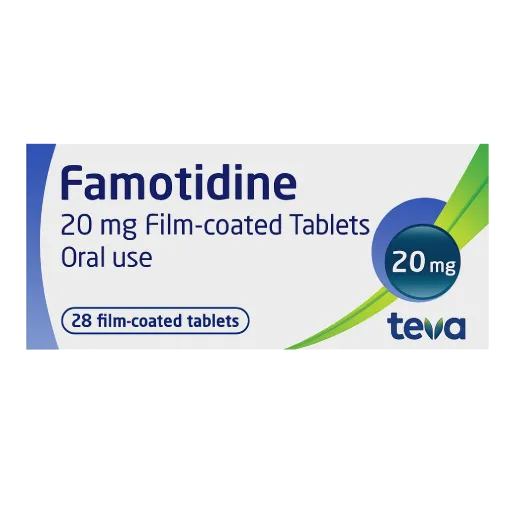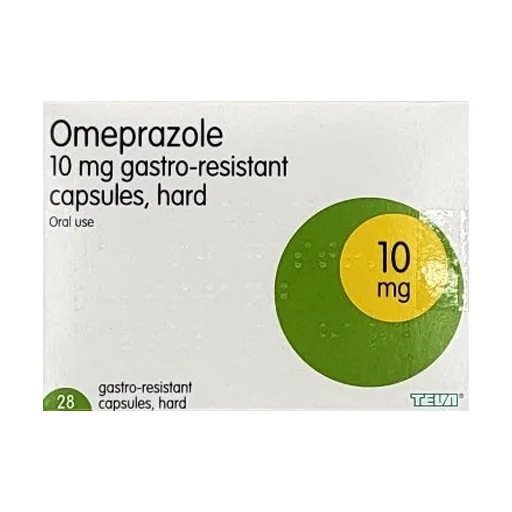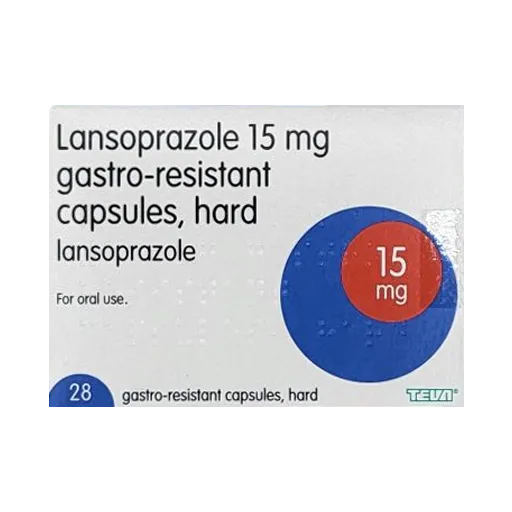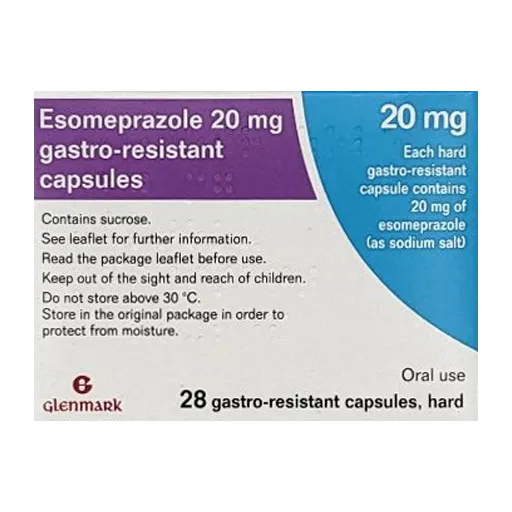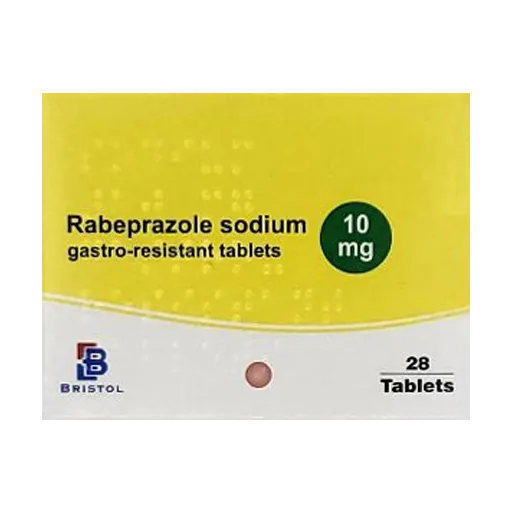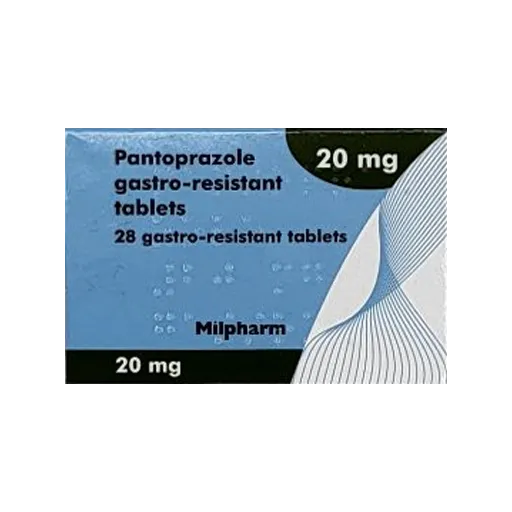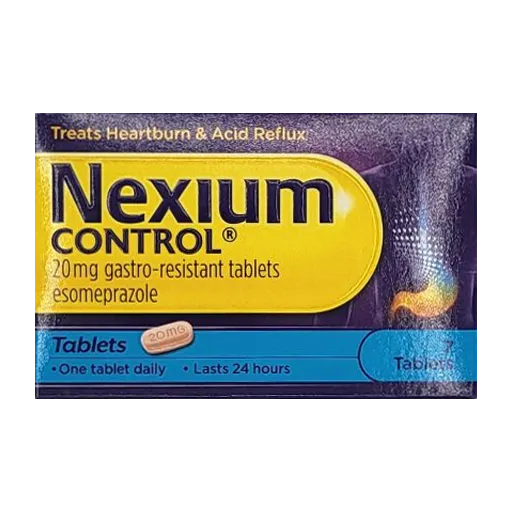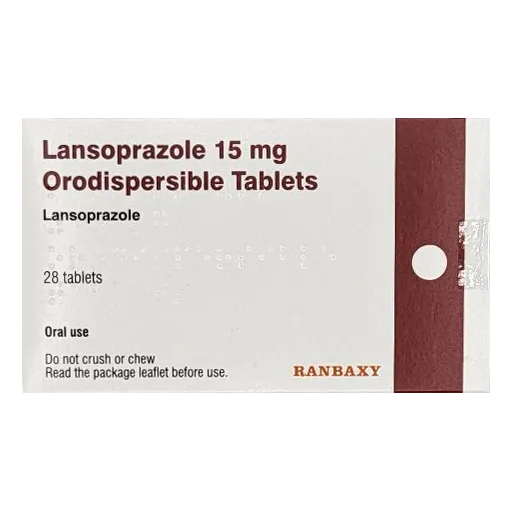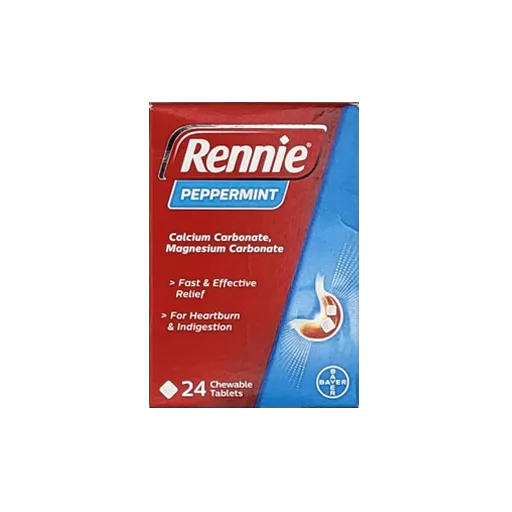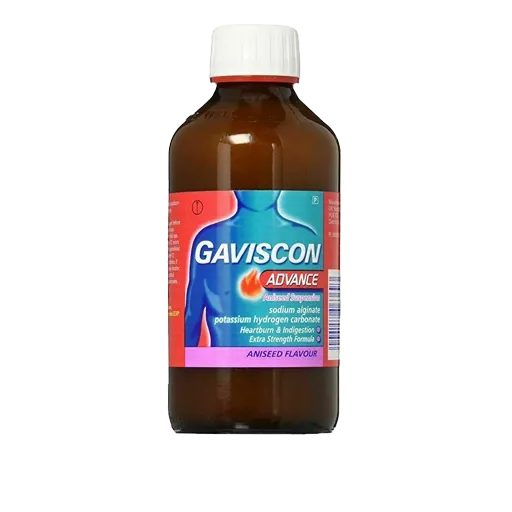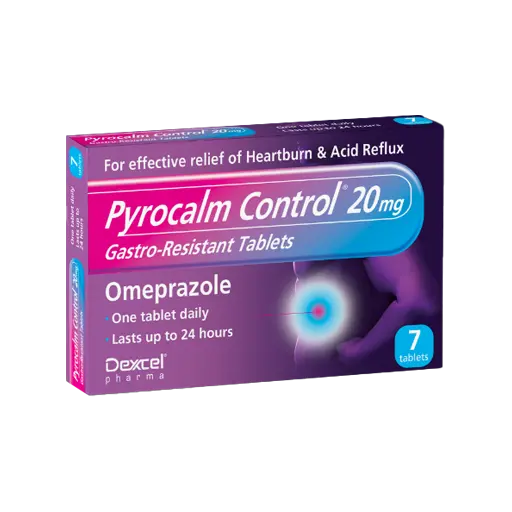acid reflux consultation
Please fill in the questionnaire below. Any information provided will be kept confidential and will only be seen by a prescriber. These questions are designed to give our prescriber enough information to make a decision on whether the treatment is suitable, please fill them in truthfully.
acid reflux
Heartburn is an uncomfortable burning sensation feeling in your chest that can travel up your neck and throat. Usually the stomach acid is kept in the stomach by the lower oesophageal sphincter. When it isn't working properly stomach acid is allowed to travel up into the oesophagus, causing a burning sensation. It is fairly common with estimations of around 40% of the adult population experiencing dyspepsia annually. The most common symptoms include a burning sensation in the middle of your chest (heartburn) and a sour taste in your mouth. There are treatments available which can help reduce the acid levels in the stomach and protect the oesophagus
-
POM
-
POM
-
POM
-
POM
-
POM
-
POM
-
POM
Acid Reflux
Acid reflux, also known as gastro-oesophageal reflux disease (GORD), is a common condition where stomach acid flows back up into the oesophagus (food pipe).
This can cause a burning feeling in the chest known as heartburn, as well as other symptoms such as a sour taste in the mouth, bloating, and nausea.
Occasional acid reflux is normal, but frequent or long-term symptoms may indicate GORD and can lead to complications if left untreated.
What causes acid reflux?
Acid reflux happens when the lower oesophageal sphincter (LES) — a muscle at the bottom of your oesophagus — becomes weak or relaxes at the wrong time, allowing acid to escape from the stomach.
Several factors can contribute to this:
Common causes include:
- Overeating or eating large meals: This puts pressure on the stomach and LES.
- Eating late at night: Lying down soon after eating can allow acid to flow back up more easily.
- Being overweight or obese: Extra abdominal pressure can weaken the LES.
- Smoking: Reduces the effectiveness of the sphincter muscle.
- Alcohol and caffeine: These can relax the LES and stimulate acid production.
- Pregnancy: Hormonal changes and pressure from the growing womb can increase reflux.
- Certain medications: NSAIDs, calcium channel blockers, antidepressants, and some asthma medications can worsen reflux.
- Hiatus hernia: A condition where part of the stomach pushes up through the diaphragm, increasing reflux risk.
What are the symptoms of acid reflux?
Symptoms of acid reflux can vary, but common signs include:
- Heartburn: A burning sensation in the chest, often after eating or at night
- Regurgitation: A sour or bitter taste in the mouth from acid rising up
- Bloating and belching
- Feeling sick or nauseous
- Persistent cough or hoarse voice: Especially in the mornings
- Sore throat or a lump in the throat sensation
- Difficulty swallowing (dysphagia): In more severe or chronic cases
If these symptoms occur more than twice a week or interfere with daily life, it may be a sign of GORD and should be assessed by a healthcare professional.
How is acid reflux diagnosed?
Most cases of acid reflux are diagnosed based on symptoms alone. However, if symptoms are severe, persistent, or not responding to treatment, further testing may be needed.
- Trial of treatment: Your doctor may prescribe acid-reducing medication to see if symptoms improve.
- Gastroscopy (endoscopy): A thin tube with a camera is passed into your stomach to check for inflammation, ulcers, or other problems.
- pH monitoring: A test to measure acid levels in the oesophagus over 24 hours.
- Oesophageal manometry: Measures the pressure and muscle function of the oesophagus.
Acid reflux treatments
Treatment aims to reduce symptoms and prevent long-term damage to the oesophagus. It usually involves a combination of lifestyle changes and medications.
Lifestyle changes
- Eat smaller, more frequent meals
- Avoid trigger foods: such as spicy, fatty, or acidic foods
- Don't lie down after eating: Wait at least 2-3 hours before going to bed
- Raise the head of your bed: Sleeping with your upper body elevated can help reduce night-time symptoms
- Lose weight: If you're overweight
- Stop smoking and reduce alcohol and caffeine intake
Medications
- Antacids: Provide quick relief by neutralising stomach acid (e.g. Gaviscon, Rennie)
- H2 receptor blockers: Reduce acid production (e.g. ranitidine, now less commonly used)
- Proton pump inhibitors (PPIs): More effective acid reducers used for moderate to severe symptoms. Examples include:
- Omeprazole: 10mg to 40mg daily
- Lansoprazole: 15mg to 30mg daily
- Esomeprazole: 20mg to 40mg daily
- Alginates: Form a protective barrier to prevent acid rising (often combined with antacids)
Most people respond well to PPIs, especially when taken regularly and correctly. Long-term treatment should be reviewed by your doctor to minimise any risks.
Will the treatment work?
In most cases, acid reflux improves significantly with the right combination of medication and lifestyle changes.
PPIs are particularly effective at reducing acid and allowing the oesophagus to heal. However, if symptoms return after stopping treatment, you may need long-term or on-demand therapy.
For severe or unresponsive cases, surgery (such as fundoplication) may be considered, but this is usually a last resort.
Side effects of acid reflux treatments
Most acid reflux medications are safe and well tolerated, but some people may experience side effects:
- Antacids: Can cause diarrhoea or constipation depending on the ingredients
- H2 blockers: Rarely cause headaches, diarrhoea, or dizziness
- Proton pump inhibitors (PPIs):
- Headaches
- Nausea
- Flatulence or bloating
- Long-term use may increase the risk of vitamin B12 deficiency, low magnesium levels, or gut infections
Regular reviews with your doctor are important if you take these medications long-term. Never stop PPI treatment suddenly without medical advice, as symptoms may rebound.
